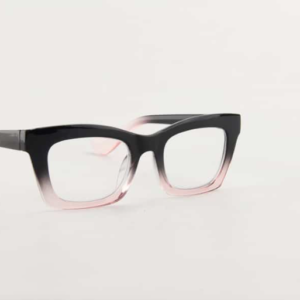[ad_1]
An action marked the clash between Athletic Club and FC Barcelona, the goal by Iñaki Williams that put the tie on the scoreboard and that it was annulled by a hand from Iker Muniain at the beginning of the play.
The striker’s goal initially went up on the scoreboardWell, neither the field referee, Jesús Gil Manzano, nor the assistants, pointed out anything about it. It was the VAR that warned him of what had happened and urged him to approach the monitor to see it.
The replay showed that Iker Muniain, in the dispute for the ball with Frenkie de Jong, had touched the ball first with the hand and then with the shoulder at the start of the Basque team’s counterattack that would end with Williams’s goal, so the referee decided to invalidate the goal, but what does the regulation say about it?
According to the regulations for the 2022/2023 season, it is considered an offense when a player scores on the opponent’s goal “immediately after the ball touches his hand or arm, even accidentally”. In Athletic-Barça, however, it is not the scorer who touches the ball with his handbut a partner.
In these cases, the Arbitration Technical Committee made it clear at the beginning of last season that “if a hand accidental and immediate It happens but it’s a teammate who scores a goal, it’s not an infraction, it’s not a handball”, explained Carlos Velasco Carballo, who added that if an “accidental handball generates a chance for a goal or a penalty”, it should not be penalized either.
🗣️ Carlos Velasco Carballo presents the modifications to the most representative rules of the game:
➡️ “The only real change in terms of hands are ‘accidental hands’.
➡️ “Involuntary hands will only be punishable if a goal is scored directly and immediately”. pic.twitter.com/SFpcbBdwt2
— RFEF (@rfef) August 12, 2021
“Totally involuntary, accidental hands, a hand that would never, ever be a hand, would only be penalized if a goal is really scored directly or that same player scores a goal directly and immediately,” he explained, and again stressed that “the concept of immediacy is fundamental. If it is no longer immediate, obviously, there is no offence.”
Dangerous play by De Jong?
Many factors come into play when evaluating the play and whether or not Muniain’s hand can be considered “accidental” and “involuntary”: the footballer turn head at start of jump to dispute the ball with Frenkie de Jong, who at the same time raises his foot to the height of his rival’s chest.
Could that be considered dangerous play? The regulation says that this will be considered “any action that, when trying to play the ball, involves a risk of injury, even for the player who performs the action, or that prevents a nearby opponent from playing the ball for fear of injury.” Therefore, it is up to the referee to determine if the position of the Athletic midfielder’s hand is influenced by a previous dangerous game by culé.
[ad_2]



